Bayonetta 3 is one of the most anticipated Nintendo Switch games of the year. Bayonetta 2 was not only one of the best action titles on the Wii U but also one of the best games of its generation, and its Switch sequel has been five years coming. But when fans load up Bayonetta 3, one of the first things they will almost certainly notice is that Jennifer Hale has become the new voice of the Bayonetta character, replacing original actor Hellena Taylor.
Originally, director Yusuke Miyata said the recasting was due to “overlapping circumstances.” However, Hellena Taylor recently spoke out to say that she actually chose not to return because she didn’t believe she was being fairly compensated for her talent, being offered only a flat rate of $4,000 to voice a character in a multi-million-dollar franchise. Taylor even called for a boycott of Bayonetta 3, and despite wishing Jennifer Hale well in other roles, she did not give Hale her blessing to assume the role of Bayonetta. As a result, the launch of a long-awaited game has turned ugly with just days left to go.
It does raise an interesting related question though: How much does character really matter in a character action game? If a character action game is centered around the protagonist fighting against hordes of enemies in flashy and stylish combos, and we are endeared to the game because of their personalities that the voice actor labored to create, then can you just simply change the voice actor for them? Will that impact or change a player’s perception of the game? Or is the change too much for hardcore fans to overcome?
Bayonetta has been a character defined by many different traits. She’s alluring, confident, tough, and overall very feminine. Hellena Taylor did an excellent job conveying all of these traits through her vocal performance, especially when several of the cutscenes in the first two games ultimately boiled down to slideshow images. There is no denying the fact that her portrayal to many is going to be the definitive take on the Umbran Witch and that Jennifer Hale, despite being an excellent voice actress, has big shoes to fill for the role.
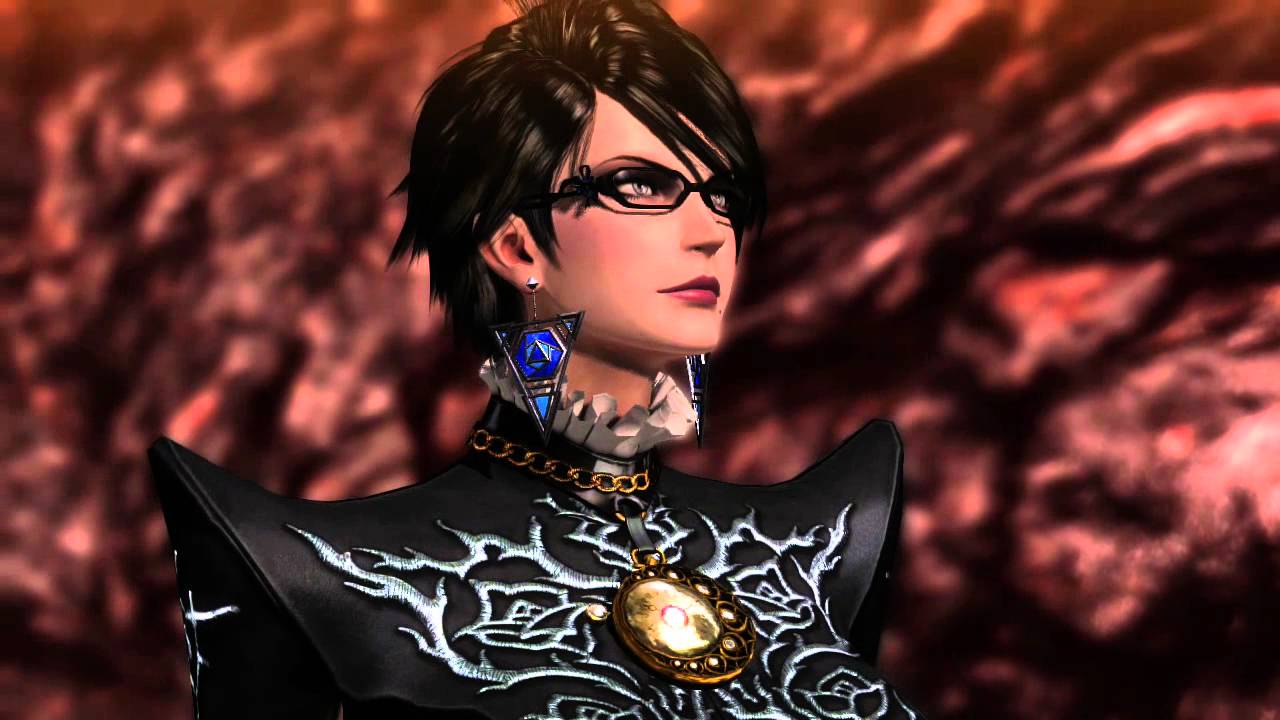
That being said, this isn’t the first time that the lead in a character action game had voice actor changes between games. Dante from Bayonetta’s sibling series, Devil May Cry, wasn’t always voiced by Reuben Langdon. Langdon only assumed the role in Devil May Cry 3 after Drew Coombs and Matt Kaminsky played the role for the first and second games respectively. The character of Dante always had shifting voices, but that never deterred us from who Dante was to us. Dante was a cocky devil hunter who wasn’t afraid to crack a joke and throw out a one-liner. The problems with his character arose when writers tried to differentiate from what was previously established about him as a character.
Fans tend to regard Devil May Cry 2 and DmC: Devil May Cry as the weakest entries in the series, and one of those reasons is the change in Dante’s character. In DMC2, Dante was stoic and rarely spoke, playing the edgy loner who was more interested in stopping Arius’ plans than having fun. Meanwhile, DmC controversially redesigned Dante and made him angrier, sporting more of a punk design and rejecting a lot of the elements that the character was known for, going so far as to directly criticize elements of the character that fans loved. In both instances, the problem wasn’t that there were two different voice actors that weren’t Reuben Langdon. The problem was that the character was virtually unidentifiable because of the inconsistent writing.
When creating a character, the words that come out of a character’s mouth are just as important as the person who is saying them, and a downgrade in writing quality or lack of consistency will have a pronounced effect on how the character is. Both Devil May Cry 2 and DmC: Devil May Cry were conceived by almost completely different writing teams, while Devil May Cry 3, 4, and 5 all had novelist Bingo Morihashi in charge of writing duties, allowing Dante to develop the voice that we all know and love.
That isn’t to say that the gameplay wasn’t criticized in DMC2 and DmC too. But when fans saw the new DmC Dante revealed at the Tokyo Game Show in 2010, the pushback was immediate. In this instance, character did matter, but only because the radical changes strayed too far from what fans know.
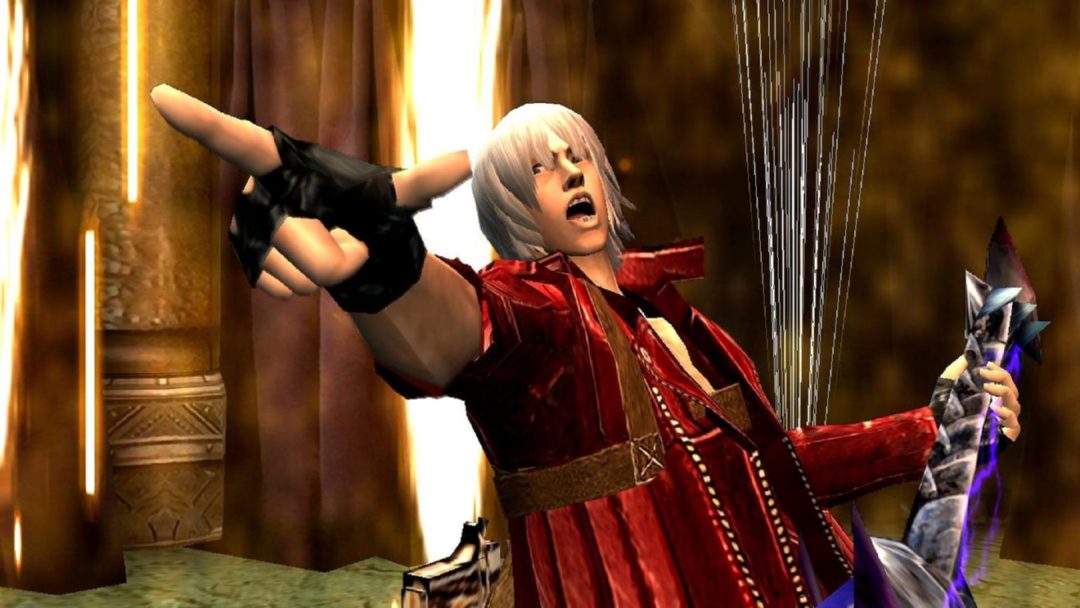
Something similar happened with the God of War series when the franchise transitioned from a character action series to what we have today. For six earlier games, Kratos had the same voice actor, Terrence C. Carson, but Christoper Judge assumed the role when the franchise had a soft reboot with God of War 2018. In theory, the same backlash should have happened. Kratos underwent a radical change in appearance, demeanor, and gameplay styles, with God of War no longer being considered a character action game.
However, fans accepted and championed the changes because the changes advanced his character and mined new depth for him. Cory Barlog understood Kratos because he had been with the series previously. Barlog was one of the writers for God of War II and was the lead writer for Chains of Olympus and Ghost of Sparta. When Kratos made that shift in genre and voice, no one complained about it because the final product felt in line with the character established by David Jaffe and Marianne Krawczyk.
Consistent character writing is important for allowing the voice actors to really find their groove with the character, but having a strong central character isn’t a requirement for the character action genre. It’s certainly helpful, but what makes a character action game so strong is its gameplay. There’s nothing more satisfying than being able to rack up outrageous combos and perform insane special moves, all while dancing from enemy to enemy.
If you removed the character from a character action game, you would still have an amazing action game. Astral Chain, Vanquish, and even the Ninja Gaiden series don’t really have memorable lead characters with defining personalities. They’re merely meant to be vessels for gamers to insert themselves into to destroy countless baddies.
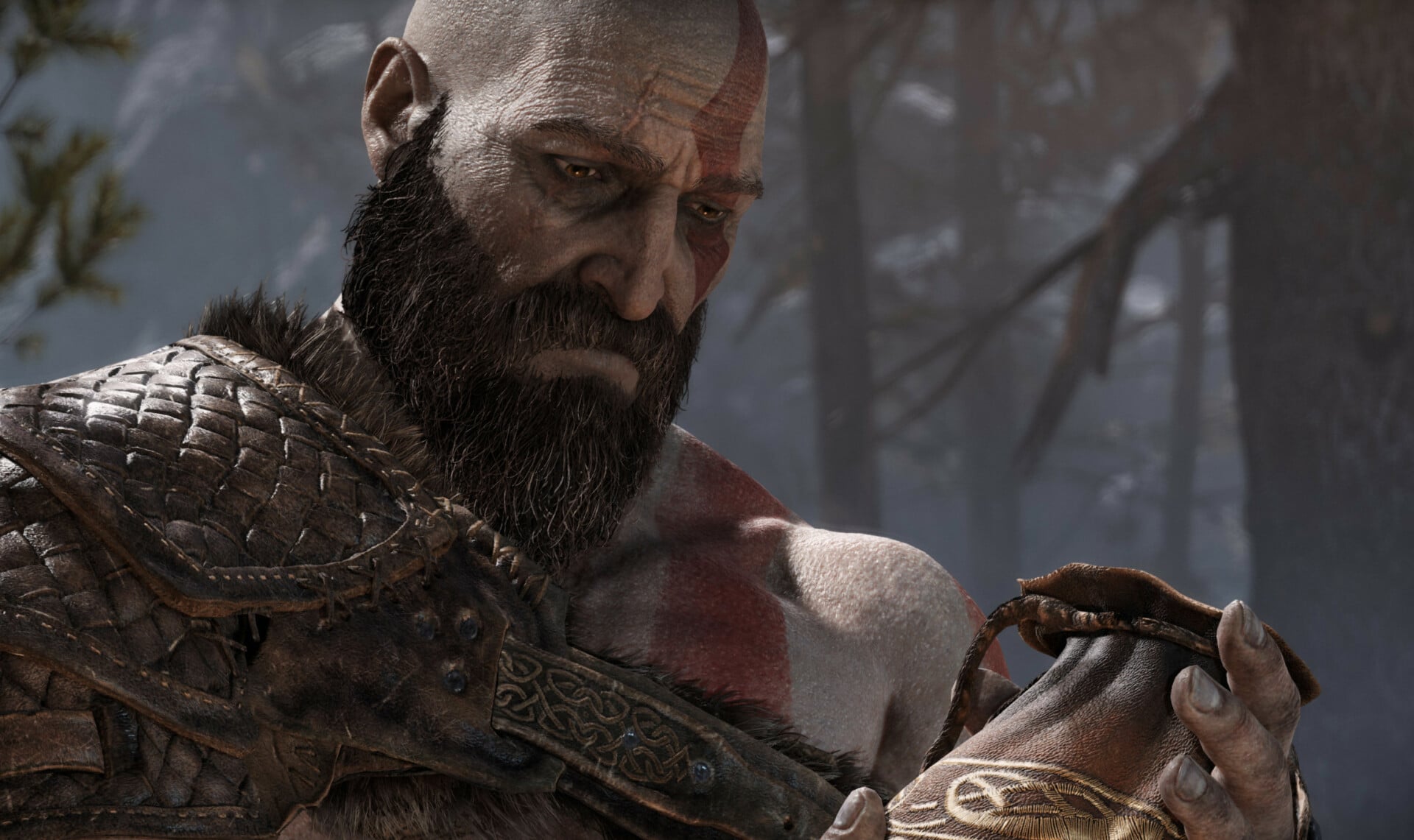
Hellena Taylor may no longer be voicing Bayonetta, but that doesn’t mean the gameplay is suddenly going to shift genres. All signs point to Bayonetta 3 still having high-octane and over-the-top action on par with the rest of the series. Bayonetta still looks like she effortlessly beats Homunculi, and the rest of the cast still seem to act like themselves. This owes to Hideki Kamiya, the original writer and director of the first game, still being involved as executive director. He’s supervising production and ensuring that Bayonetta retains her original personality — which is ironic if Taylor’s account of her interaction with him during Bayonetta 3 negotiations is accurate.
While it sucks that the recasting happened due to Platinum apparently not valuing the talents of Taylor, the character of Bayonetta is in good hands with Jennifer Hale. It seems like everything else with the project has remained consistent in gameplay and tone. Yes, some have already committed to boycott the game due to the treatment of Hellena Taylor, but many will still buy it and likely find it a great game.
Until now, fun and actually plausible canon-based theories had been circulating about why Hellena Taylor is no longer the voice of Bayonetta in Bayonetta 3. But no, sometimes the obvious answer is the correct answer. Taylor did not reprise her role due to allegedly unfair wages, and Platinum needed someone else. Again, it sucks. And it speaks to a larger problem with how voice actors are regarded in corporations, but that’s for a whole other piece.
An actor can shape and define a character by their voice. It’s one of the main reasons why fans who have heard Charles Martinet voice Mario for most of their lives are struggling to reconcile with Chris Pratt’s take on the character. But in a video game, unless the story is the primary focus, gameplay takes precedence. For all of the style and flair that character action games like Bayonetta, Devil May Cry, early God of War games, and No More Heroes have, we don’t often play those games foremost for their stories. We play them because they’re fun action games.
People are willing to become loyal to franchises for a variety of reasons. Sure, sometimes it may just be because the games are great, but sometimes it’s because we grow attached to a character and want to see their story continue. Fans like it when a franchise has a consistent identity to them, whether that be through gameplay, through characters, or through a consistent cast playing these characters. It’s what separates a good franchise from a great one. And while a game, at the end of the day, needs to be enjoyable and fun, having a likable and endearing main character helps open the door for newcomers.

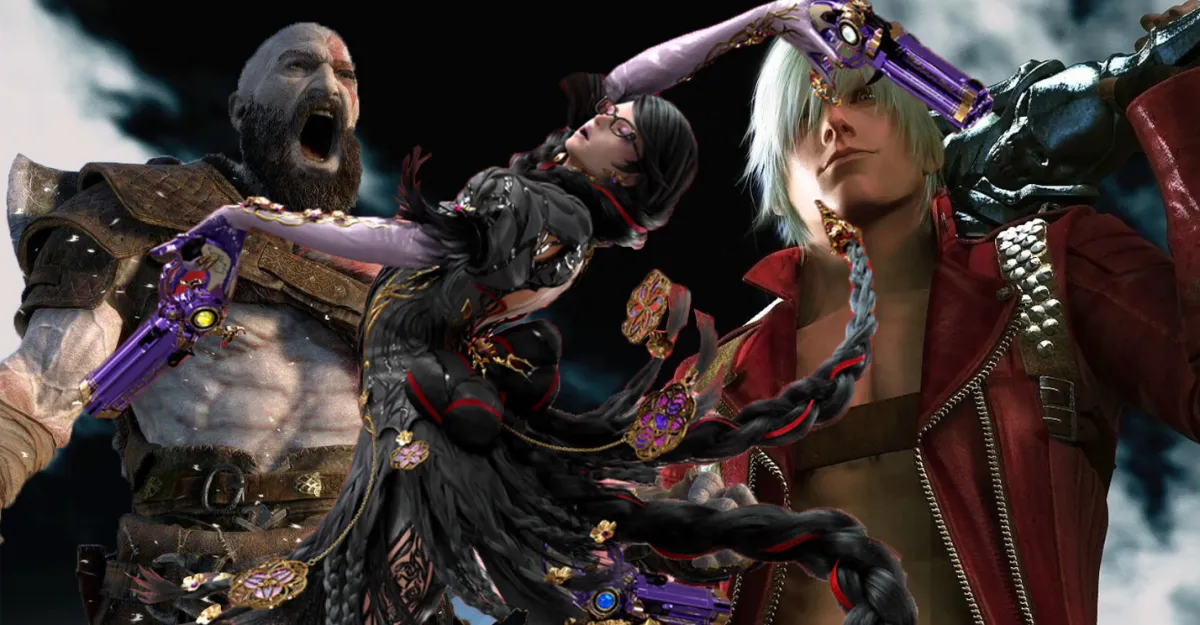



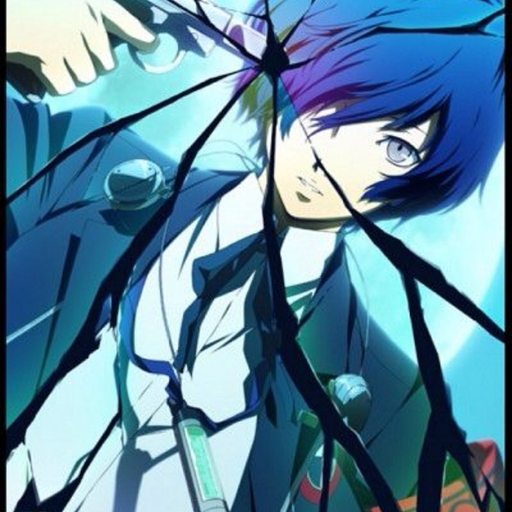
Published: Oct 16, 2022 12:00 pm